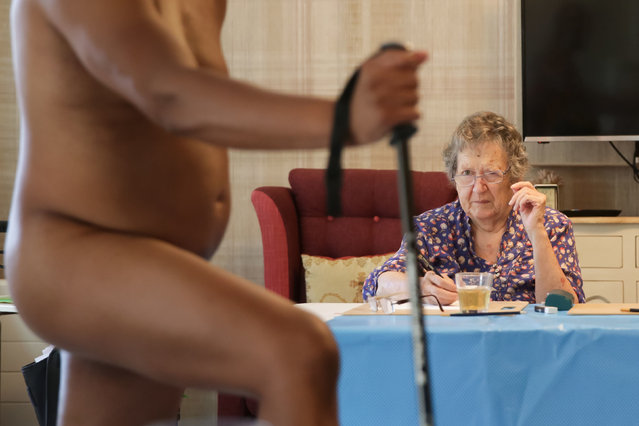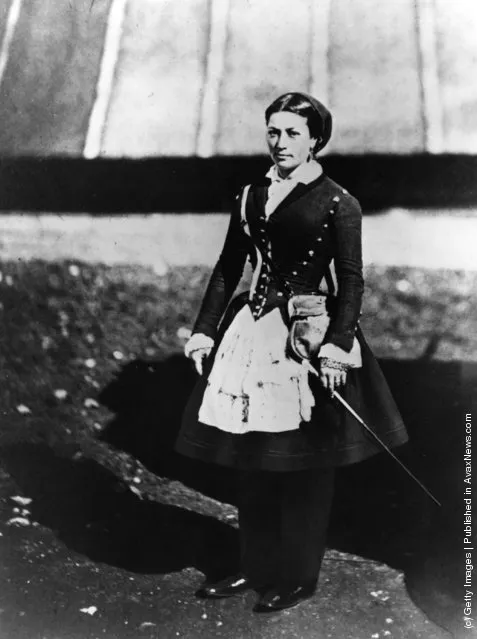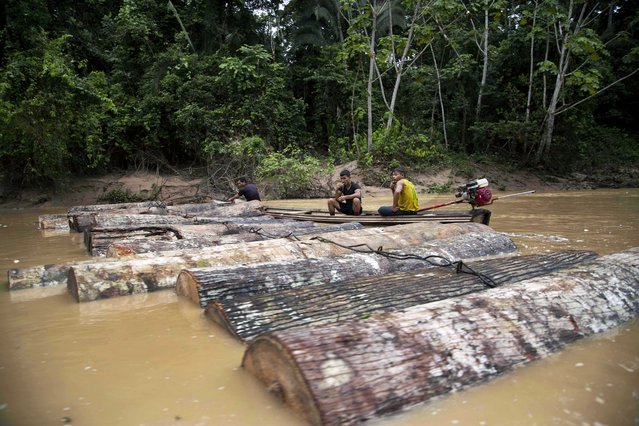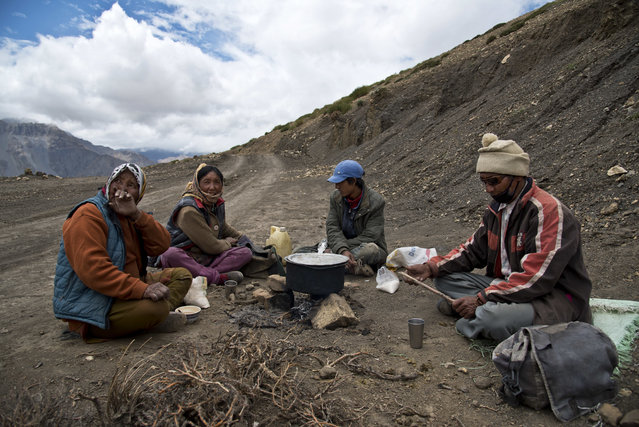
Undated handout photo issued by Andrew H Williams/WPR of resident Rosemary Lester at Sherwood Grange care home in Kingston Vale, south west London, focusses her attention during a nude life drawing class. Issue date: Monday July 25, 2022. (Photo by Andrew H Williams/Care UK/PA Wire)
27 Jul 2022 05:45:00,post received
0 comments







